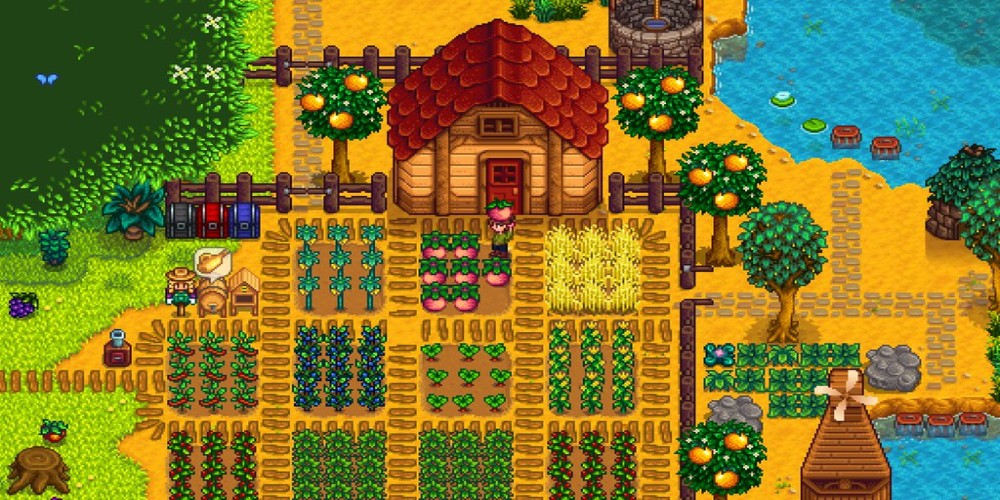
Stardew Valley, renowned for its bucolic charm and meditative gameplay, holds a surprising capacity for drama, especially when its multiplayer mode comes into play. However, introduce multiplayer to the mix, and you've got the perfect recipe for comedy, chaos, and unexpected love triangles that could rival any daytime soap opera. This shift in dynamics from peaceful farming to humorous interpersonal complexities showcases the game's unexpected versatility and the entertaining, unpredictable nature of human (and digital) relationships.
One of the most amusing instances of multiplayer drama unfolded when a player, accompanied by their mother and sister, delved into Stardew Valley's romantic opportunities, only to find themselves entangled in a comedic love triangle with Elliot, Pelican Town's resident novelist and heartthrob. Despite the game's general rule against polygamy - going as far as to include a secret cutscene that unveils the player's two-timing deeds to all involved - these family members unintentionally tested the boundaries of in-game romance, revealing potential overlooks in the multiplayer setup. Heart events, special cutscenes that trigger upon reaching certain thresholds of friendship with NPCs, typically serve to deepen the connection between player and character. However, without mechanisms to lock these events after one player triggers them, multiple players can, unbeknownst to each other, romance the same character simultaneously.
The ensuing chaos, rich with dramatic irony, underscores the unique storytelling capacities video games hold, particularly in multiplayer formats. Stardew Valley, through no specific design intention, enables a kind of emergent narrative that evolves from the players’ interactions with the game’s mechanics and each other. This unexpected dive into soap opera territory not only adds layers to the game's experience but also highlights the communal and narrative potentials of gaming, even in titles not explicitly designed for such outcomes.
What this amusing anecdote brings to light beyond its humor is the fascinating way that multiplayer games can create shared narratives, blending the game's authored content with the players' actions and decisions. The result is a dynamic storytelling experience where the script isn't just written by the game's developers but is co-authored by the players themselves. This collaborative narrative-building enhances the social aspect of gaming, promoting both connection and laughter through shared experiences and mishaps.
In conclusion, Stardew Valley’s multiplayer mode serves as a compelling example of how video games can craft unexpected storylines that are at once personal and communal. Through a simple love triangle, players were reminded of the unpredictable joy of gaming with others, where the only certainty is the promise of laughter and maybe a little friendly drama. This experience underscores the unique charm of Stardew Valley and the vast, untapped potential of multiplayer gaming to weave stories that resonate with players long after they've logged off.
Leave a comment
Your comment is awaiting moderation. We save your draft here
0 Comments